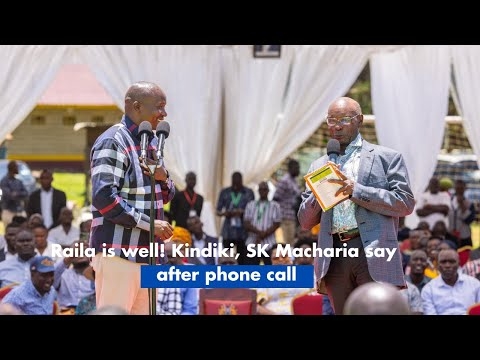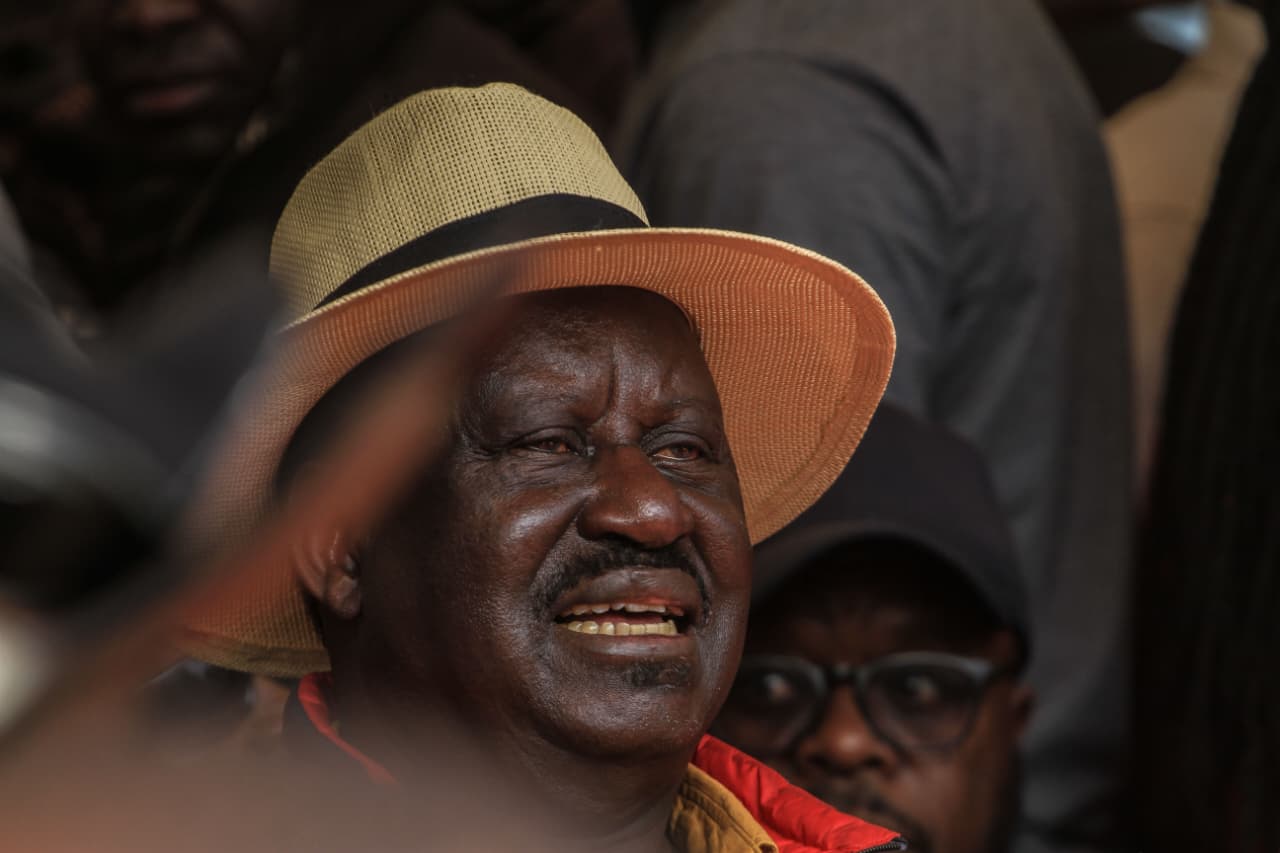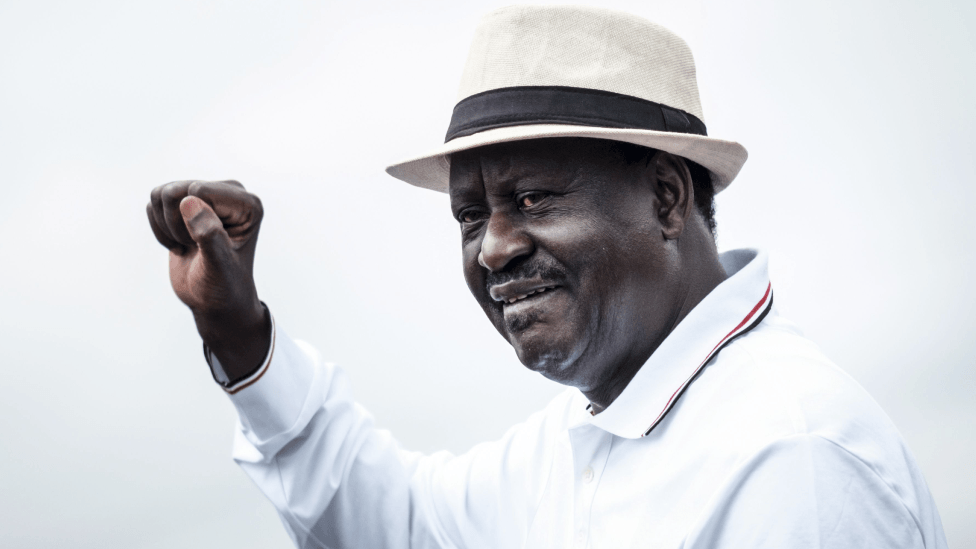

Former Prime Minister Raila Amolo Odinga died of cardiac arrest while receiving treatment in India, medical officials at Devamatha Hospital in Kerala have confirmed.
In a statement released by the hospital on Thursday, doctors
said the opposition leader collapsed during a morning walk at around 8:30 a.m.
Indian time within the premises of the Ayurvedic wellness facility where he had
been recuperating. Medical staff on-site administered CPR immediately before
rushing him to Devamatha Hospital in Koothattukulam, where he was pronounced
dead at 9:52 a.m.
The hospital said Mr. Odinga, 80, had been under treatment
for diabetes, hypertension, and chronic kidney disease. A post-mortem
examination is set to be conducted as part of routine medical and legal
procedures.
According to Mathrubhumi.com, an Indian media outlet, Raila
was at the Ayurvedic centre for rest and recovery following a mild stroke he
suffered while in Kenya. A spokesperson for the hospital confirmed that he had
been receiving regular care and was in the company of his family at the time.
The same hospital had previously treated his daughter,
Rosemary Odinga, who regained her sight there after losing vision several years
ago.
Indian authorities said information regarding Raila’s death had been relayed to the Foreigners Regional Registration Office (FRRO) for official processing in accordance with international protocol.
The body of the former PM arrived in Kenya on Thursday. The plane carrying his body touched down at JKIA around 9:30 AM.
Before his passing, Raila’s health had been the subject of public speculation.
His elder brother, Senator Oburu Odinga, had recently assured
Kenyans that Raila was recuperating well in India and dismissed reports that he
was in critical condition.
“I want to tell you that Raila is up and about. Just like
any other human being, he was indisposed a little and is now recuperating and
resting,” Oburu said last week.
The Orange Democratic Movement (ODM) party had also
denounced rumours surrounding his health, accusing political rivals of
spreading falsehoods to undermine his standing.
Despite occasional hospital visits, including brain fluid drainage
surgery in Dubai and minor back surgery years ago, Raila remained politically
active, championing unity and governance reforms until his final days.
As tributes pour in from across the world, Raila Odinga is being remembered as a symbol of resistance, reform, and democracy — a man whose decades-long struggle reshaped Kenya’s political landscape and whose legacy will endure for generations.














